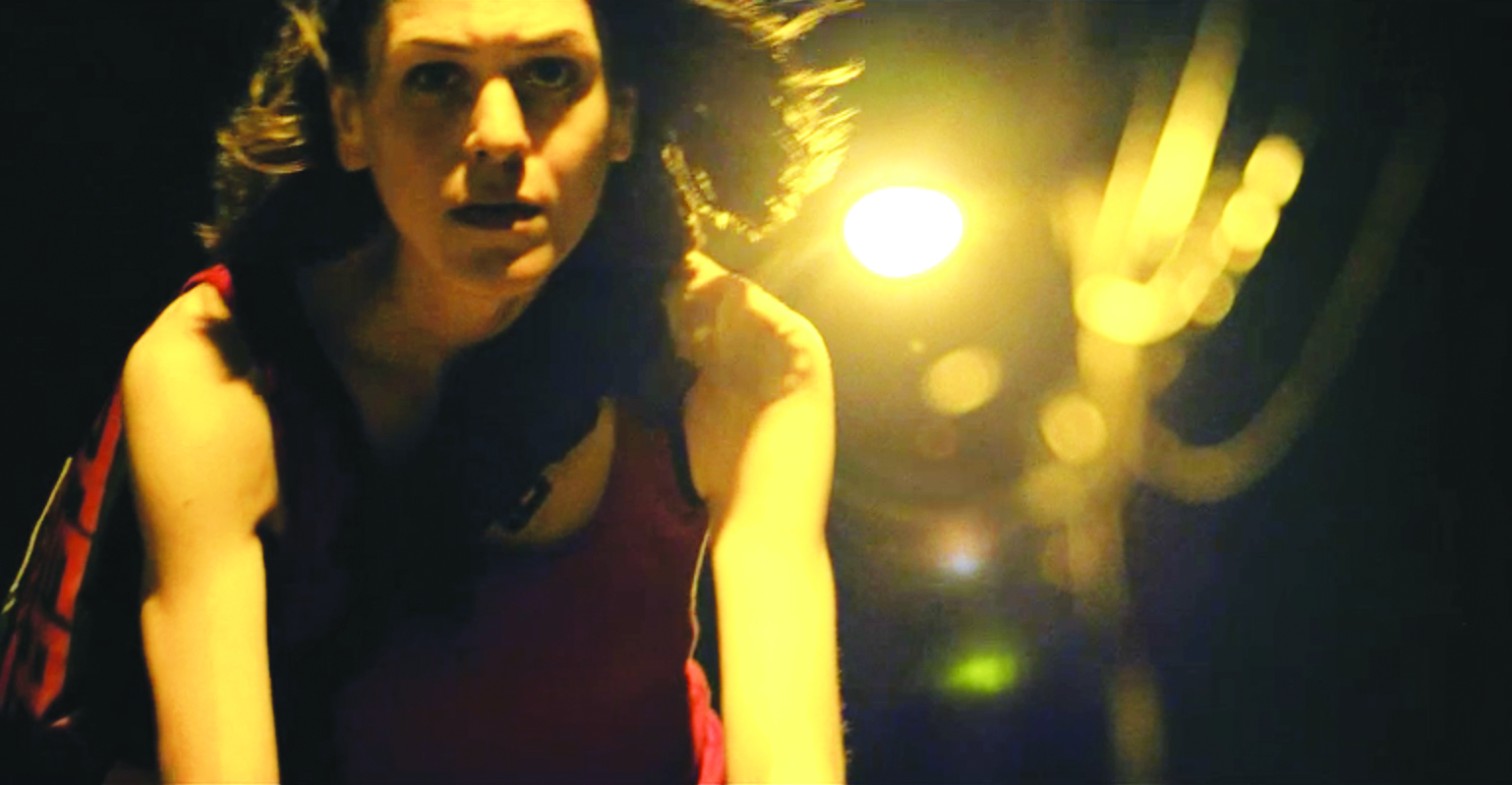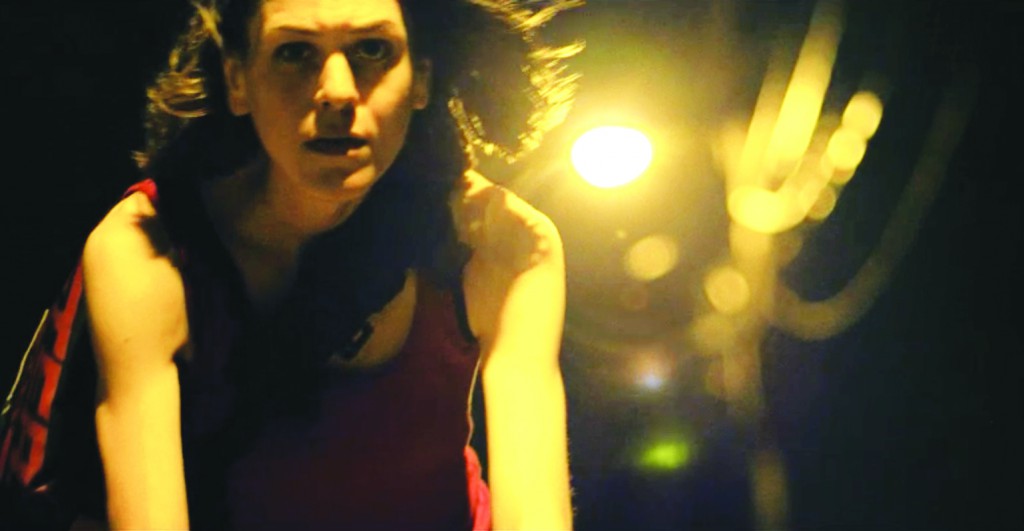The Alley Cat
Directed by Marie Ullrich
Written by Marie Ullrich
USA, 2014
The bicycle is by far the most existential vehicular choice when making a road film about a character in a state of mental cross roads. Unlike the car, the bike is solely powered by the human and it’s capabilities are dictated by the rider’s. Anyone can press a pedal and go 100 mph, but with a bicycle the wheels are only an extension of the human drive to move forward. In Marie Ullrich’s The Alley Cat, this sense of propulsion collides with the main character’s struggle to move forward mentally. Jasper was a mother but gave her child up to her sister, with the deal that her little girl can never know who her real mom is. It’s during a wild, late-night bike race through Chicago’s south loop that she reassesses her priorities and just what she’s supposed to be doing with her life.
The greatest asset to the film is certainly Jenny Strubin who embodies Jasper. The character never seems to talk about what exactly her problem is or what she wants, so it’s up to the actor to somehow convey that inner-turmoil in a way that we can figure it out and join her on her emotional journey. Strubin succeeds in this, making sure the stakes are high at every moment and conveying her frustrations with her decisions in a truthful manner. It’s impossible to think of this film working without her.
Ullrich’s best moments come when she’s filming the riders. Lit by the Chicago street lights that illuminate sleepy streets and back-alleys, Ullrich composes a dream of cyclists pumping their legs and gliding through the Second City. It’s in these moments of calm that Ullrich’s passion comes out. It’s apparent Ullrich has a fascination with cycling, with a previous short film starring the Jasper character and an experimental piece on ghost bikes that can be found online. But after watching The Alley Cat, it becomes clearer that the attraction to bikes isn’t necessarily with the object, but with the human riders and the community they form. After a comrade dies because of a hit and run, Ullrich uses a static shot of the group of riders erecting a “ghost bike” monument. With no one to pedal, the bike has lost its purpose, now serving as a reminder of the human element lost through carelessness. Cycling, while still a solitary action, still requires cooperation of the people around you – particularly in the city – to ensure your safety, more so than a car that’s built for impact so that you can walk away.
The Alley Cat is not without flaws; it is rough around the edges from a technical perspective, and several of the actors try too hard to play their lines a particular way without ever sounding convincing. However, what’s more important than these complaints is that people are taking limited resources and making their picture their way. We can’t all have access to the best actors, or the resources to pay for a polished sound mix, nor can we wait around for some studio executive to put faith and five million dollars in us. There’s an honest soul in this film with great intentions, while trying to tell a different story than what most studios are trying to sell us; stories about community, family, hardships, and personal growth from points of views other than the typical mainstream, white male perspective. These voices – which are many, but not nearly as loud as those with multi-million advertising campaigns – should be supported and encouraged to continue to diversify the artistic landscape. One day, when the Avengers and the Transformers have gone to sleep, we’ll want to know about each other, and we’ll have to look to some no-budget director in middle-America, free of the entertainment industrial complex, to help us figure it out. Hopefully one of those voices is Marie Ullrich’s.


